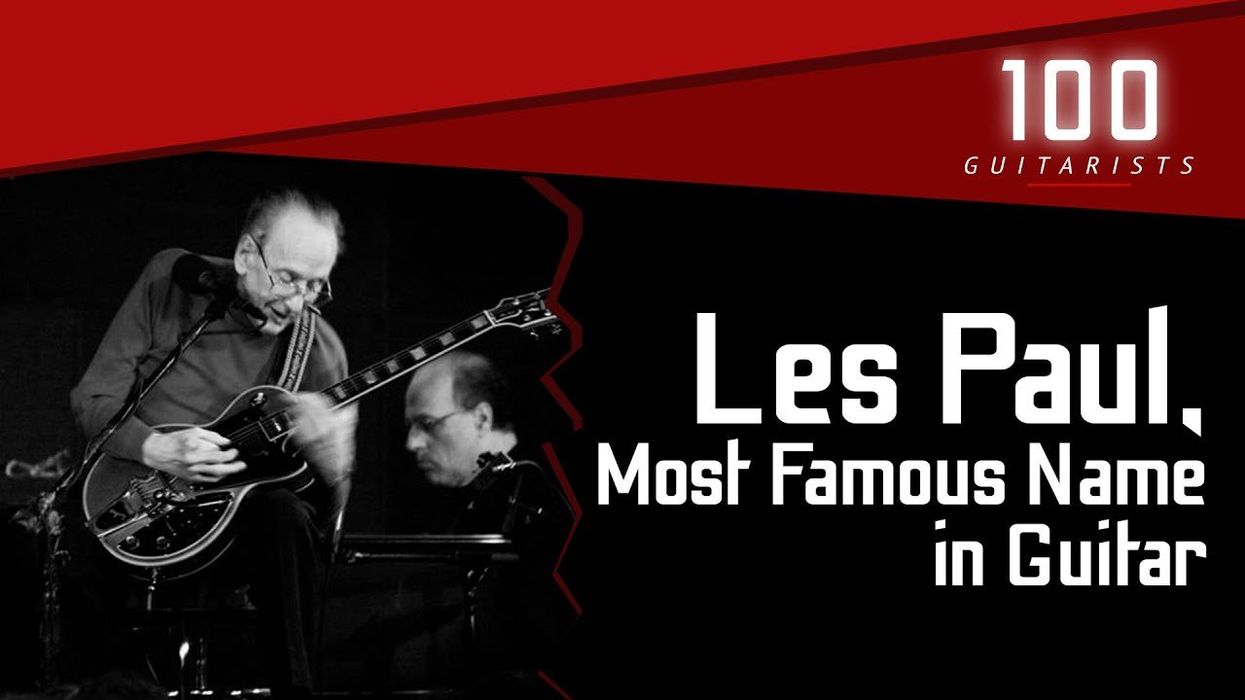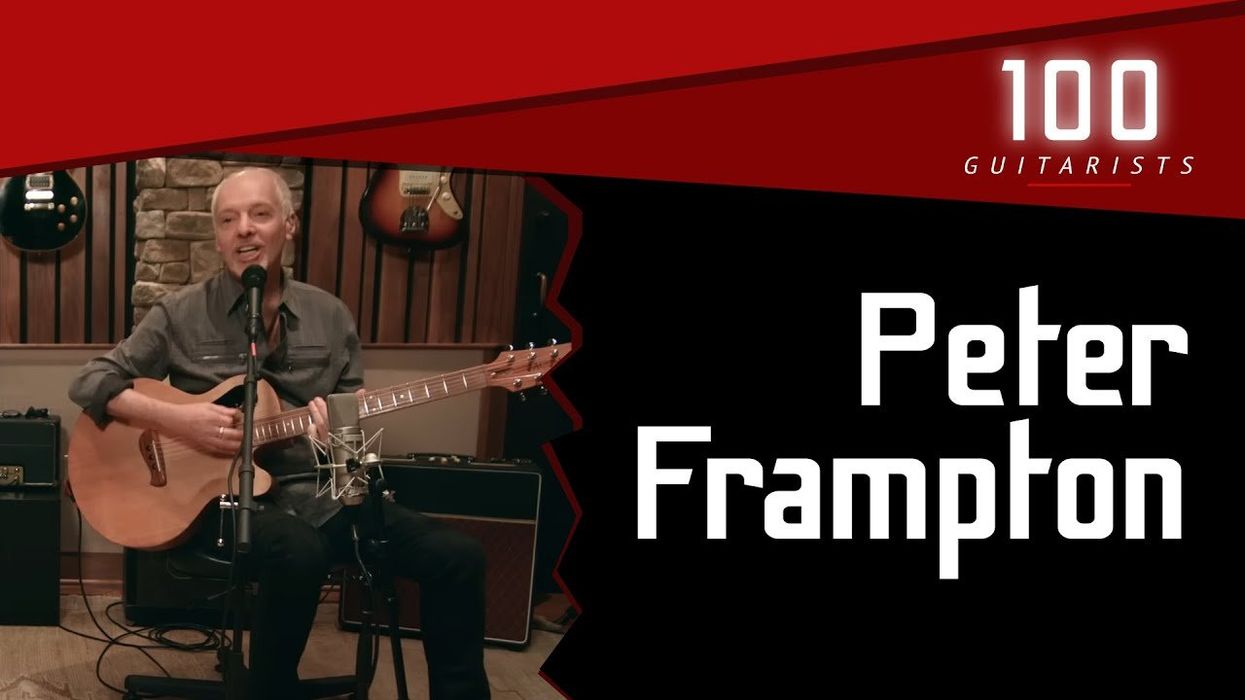We get the full scoop on how she got the gig with Beck and her experience recording and touring as musical director for 1999’s Who Else! and 2001’s You Had It Coming.
There has never been a list of greatest guitar players without the mighty Jeff Beck. From his work with the Yardbirds in the ’60s to his solo work starting with 1968’s Truth, Beck changed the game, constantly redefining the vocabulary and sound of guitar music.
On this episode, we’ve brought in Jennifer Batten, who grew up as a massive Beck fan, met him while on Michael Jackson’s Dangerous tour, and ended up in his band! Batten, not only as master of the guitar but an insightful educator, delivers loads of insight straight from the studio and stage. We get the full scoop on how she got the gig with Beck and her experience recording and touring as musical director for 1999’s Who Else! and 2001’s You Had It Coming. “He was just like a 6-year-old in a sandbox and just wanted to play,” says Batten. Plus, what are her favorite Jeff Beck jams?
Join us as we get all the inside stories on one of the highest-level masters of our instrument.
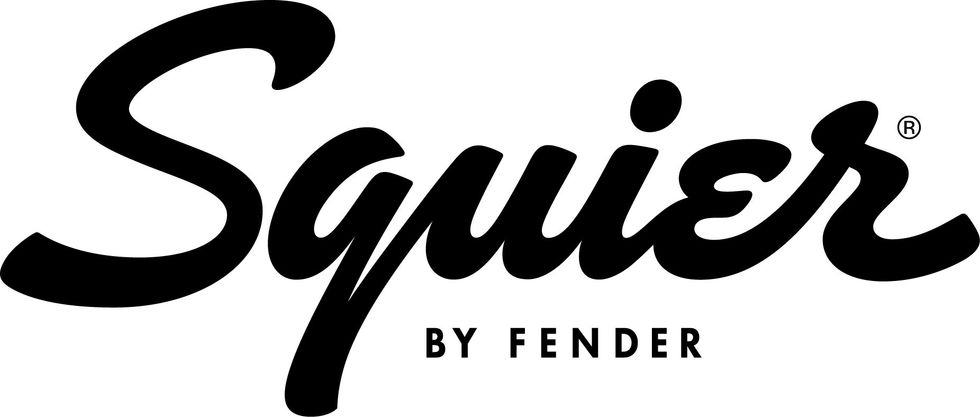
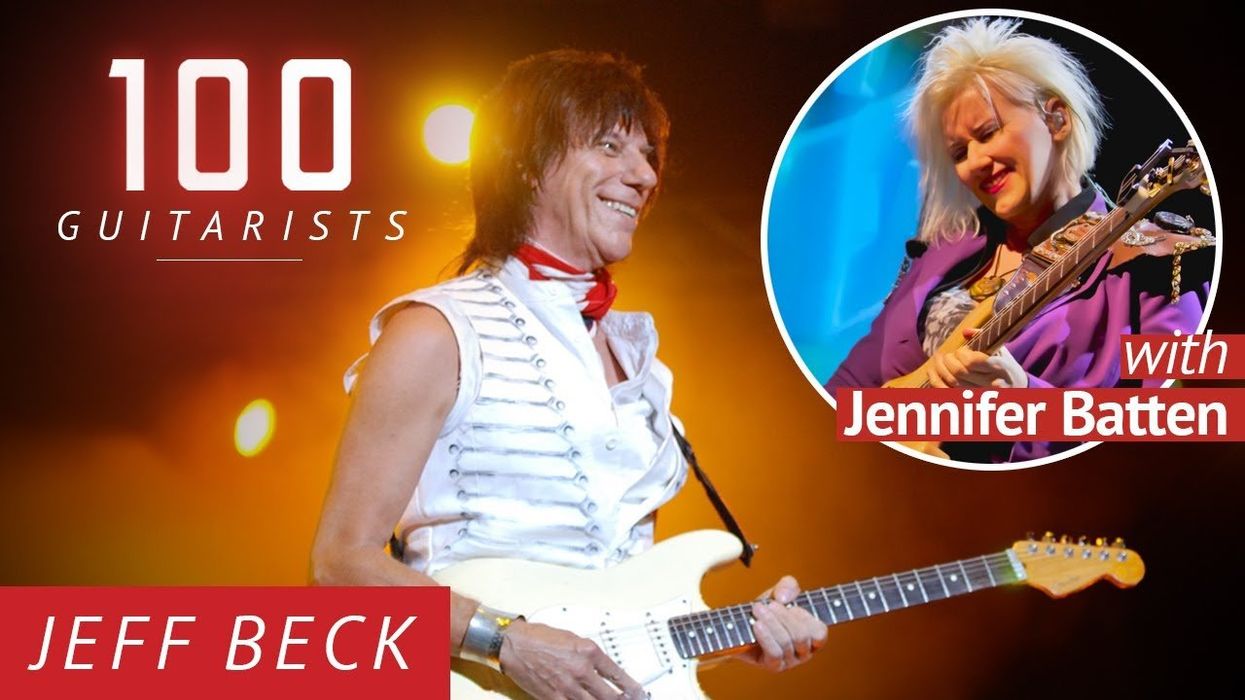
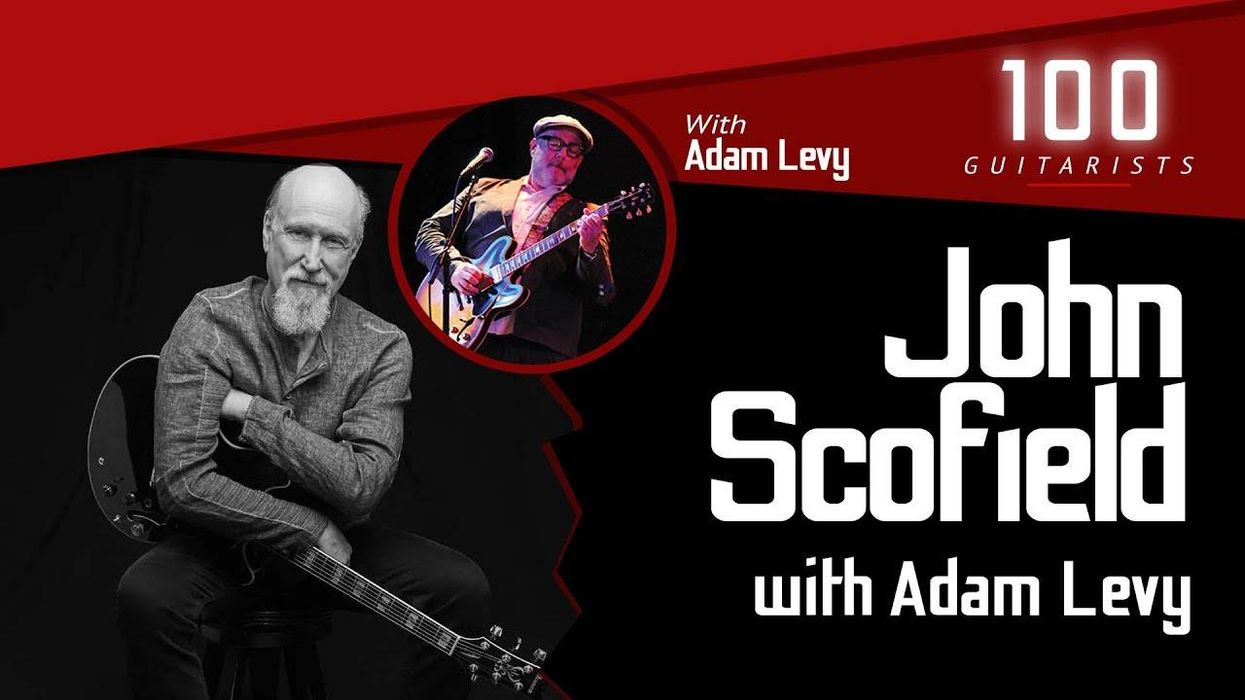

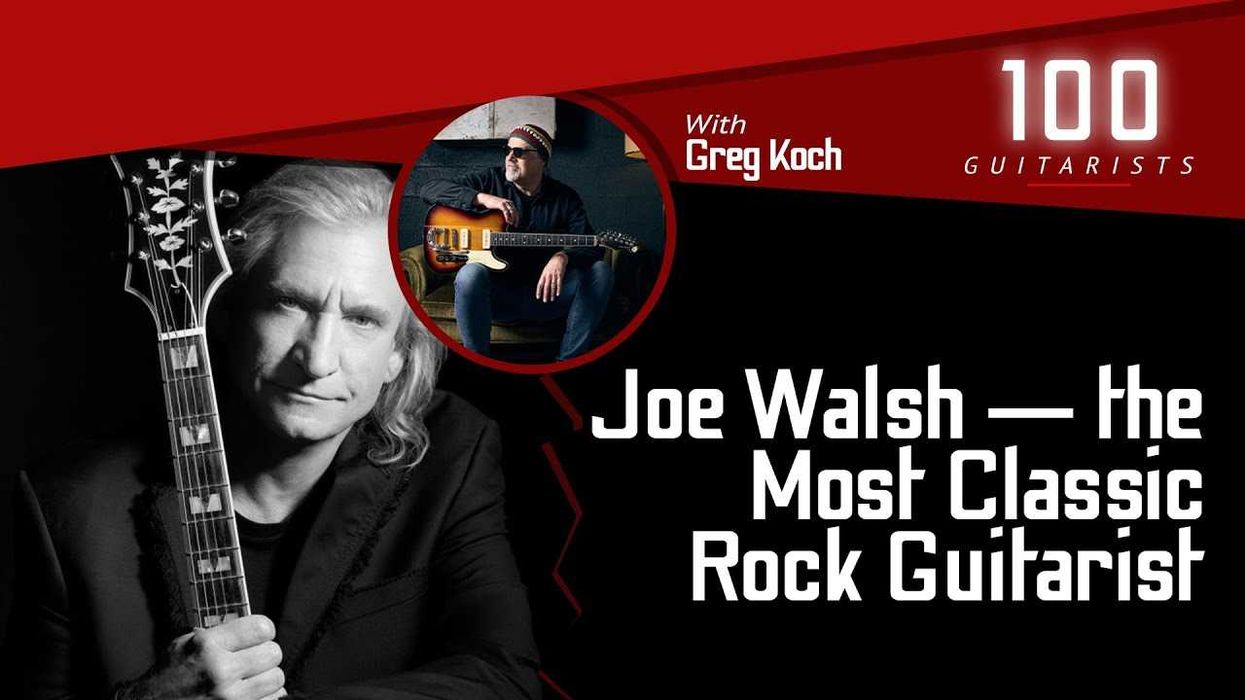

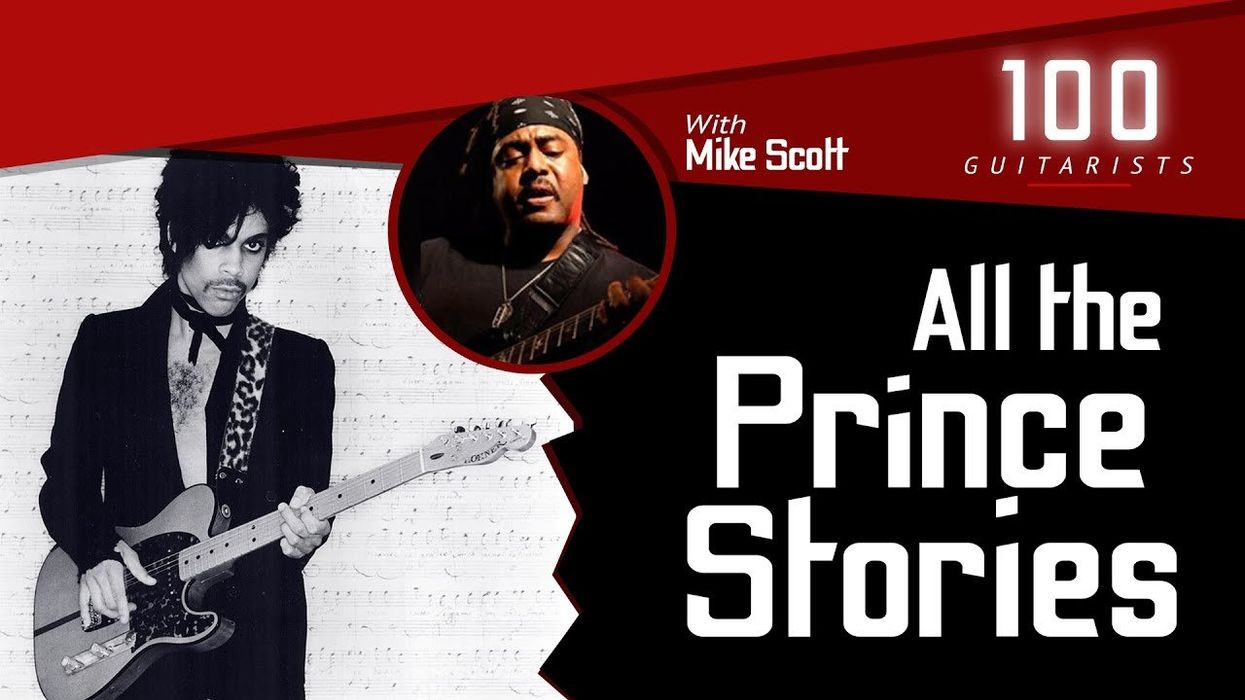
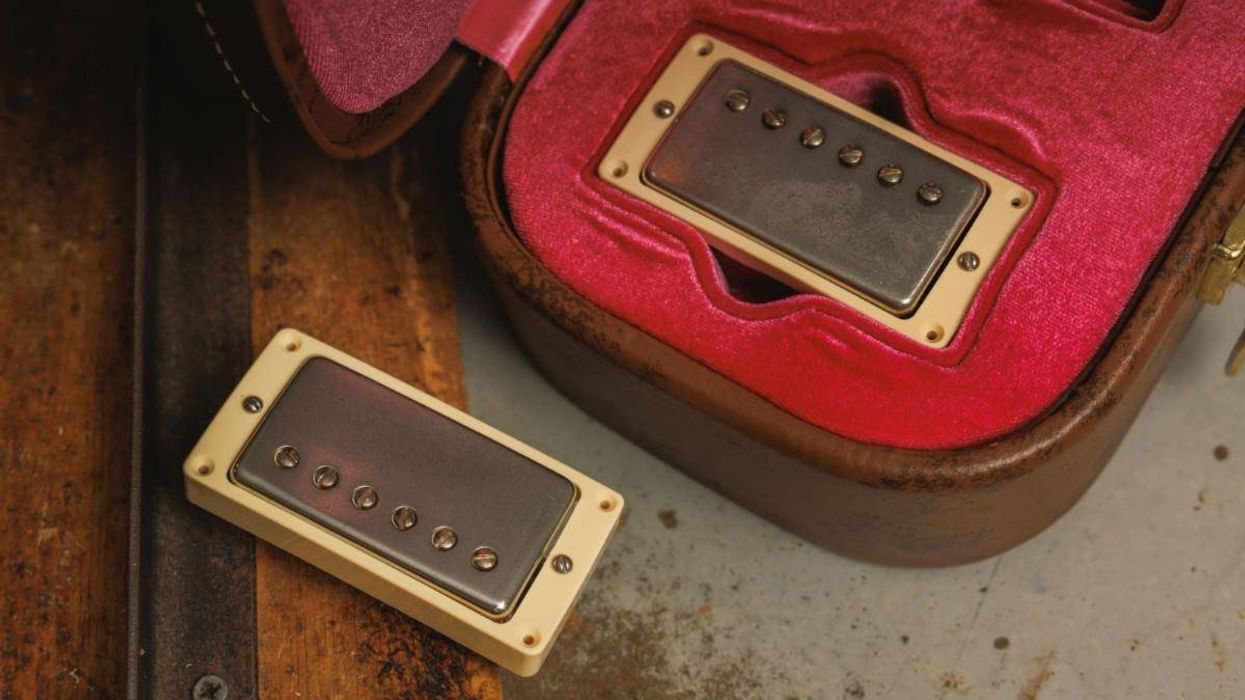
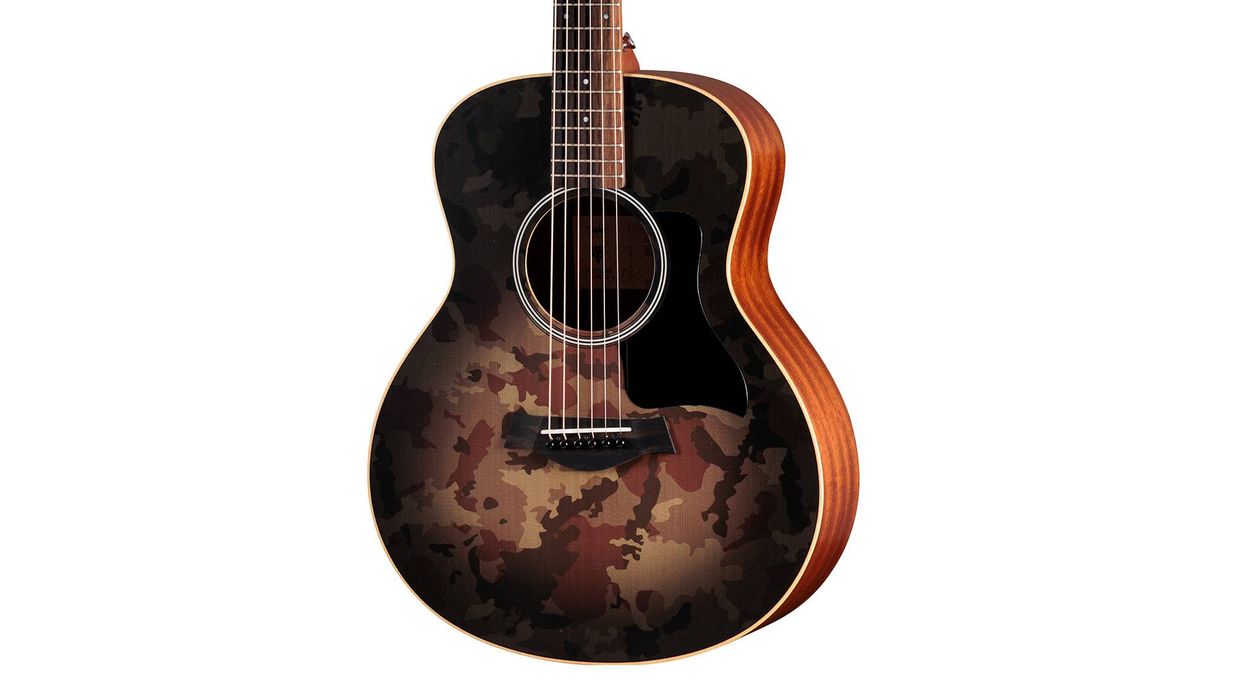
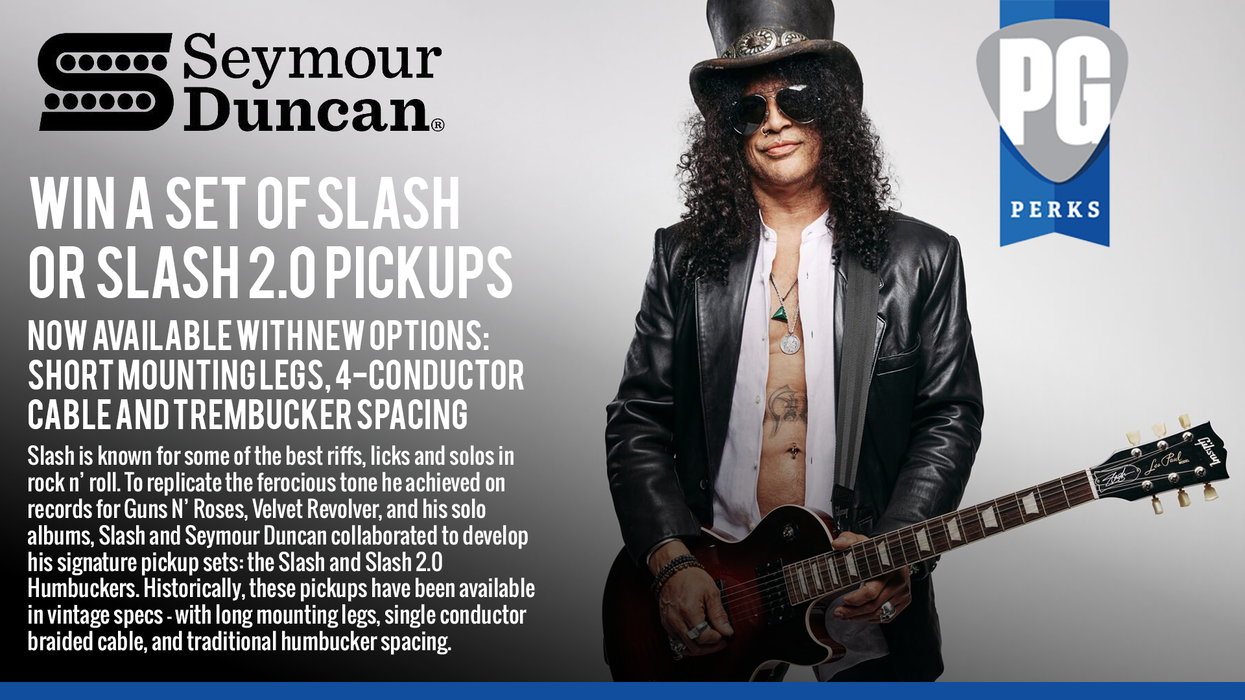
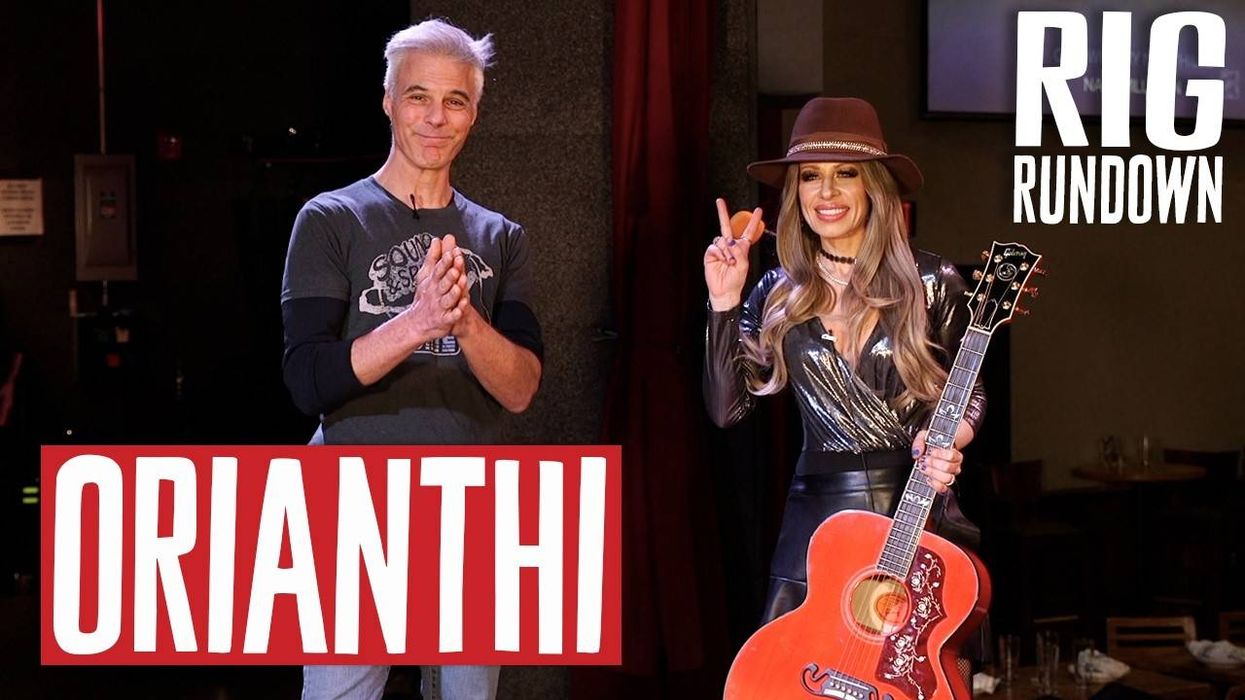
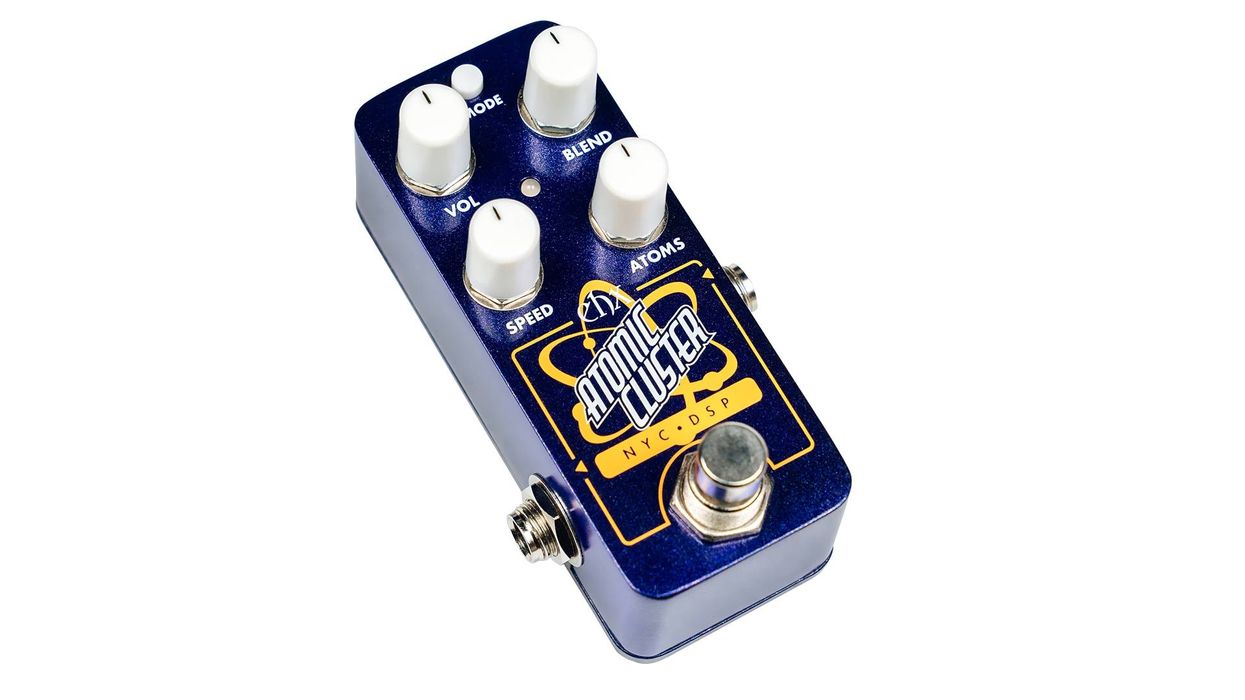
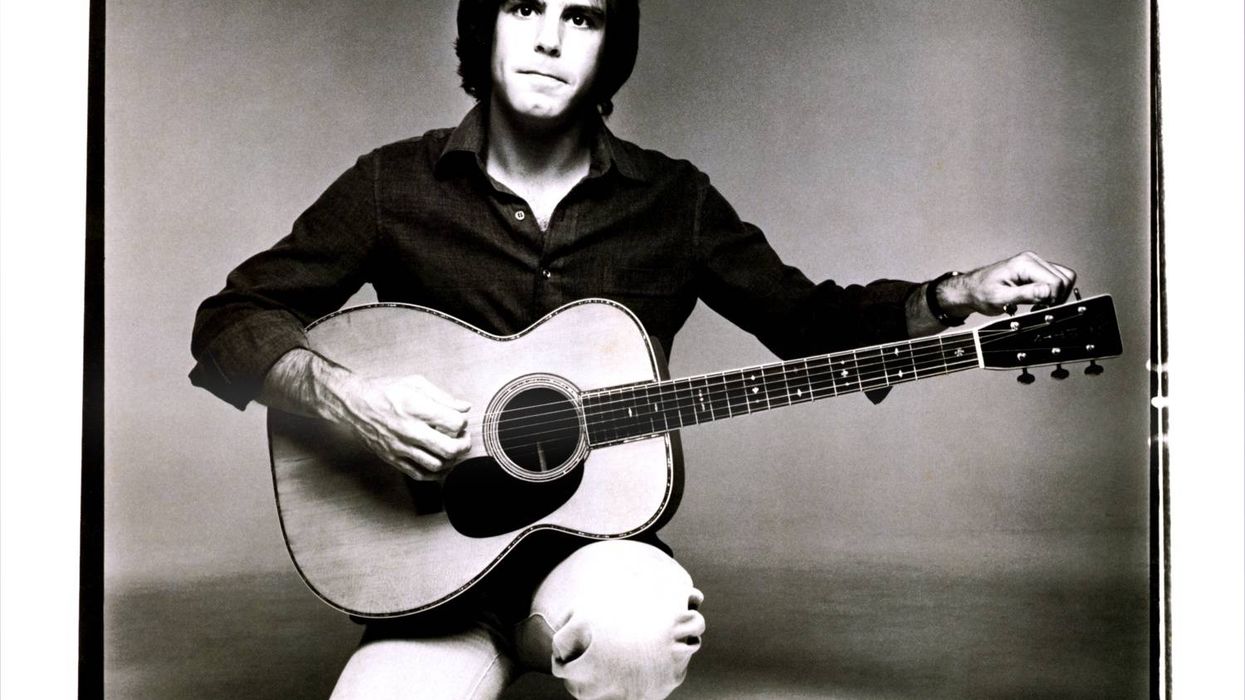
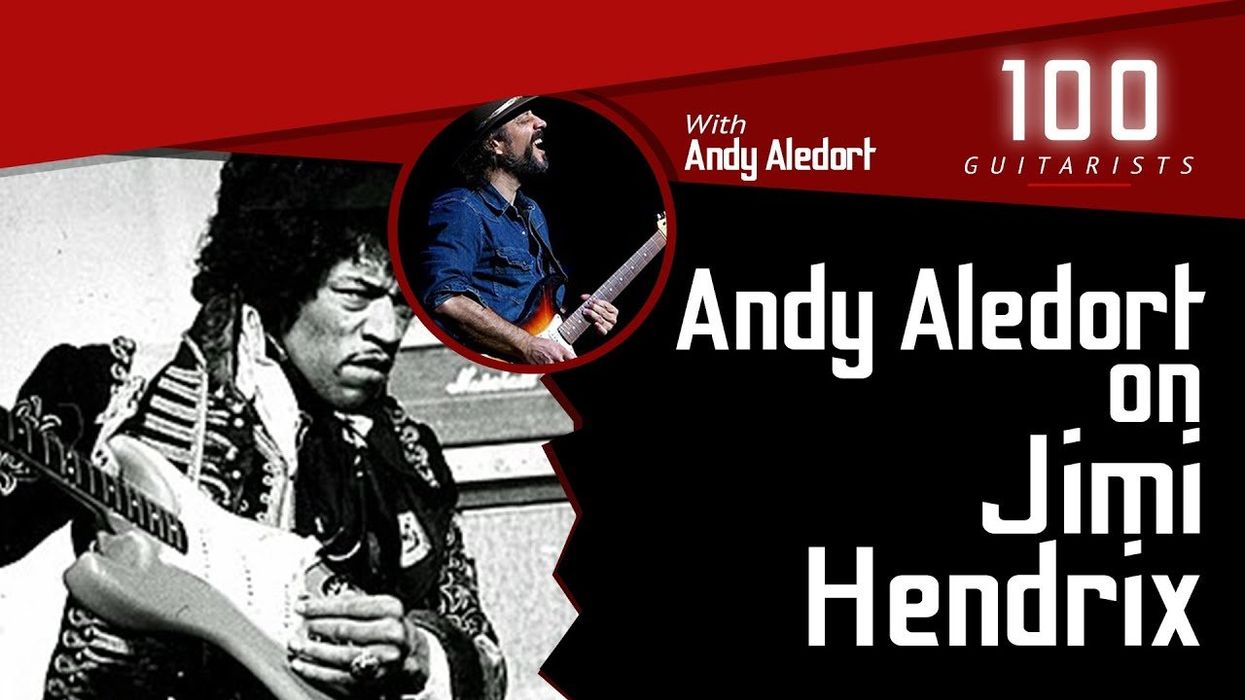
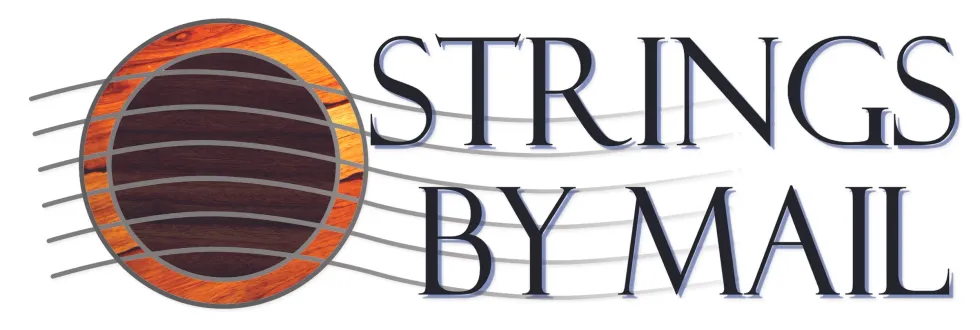
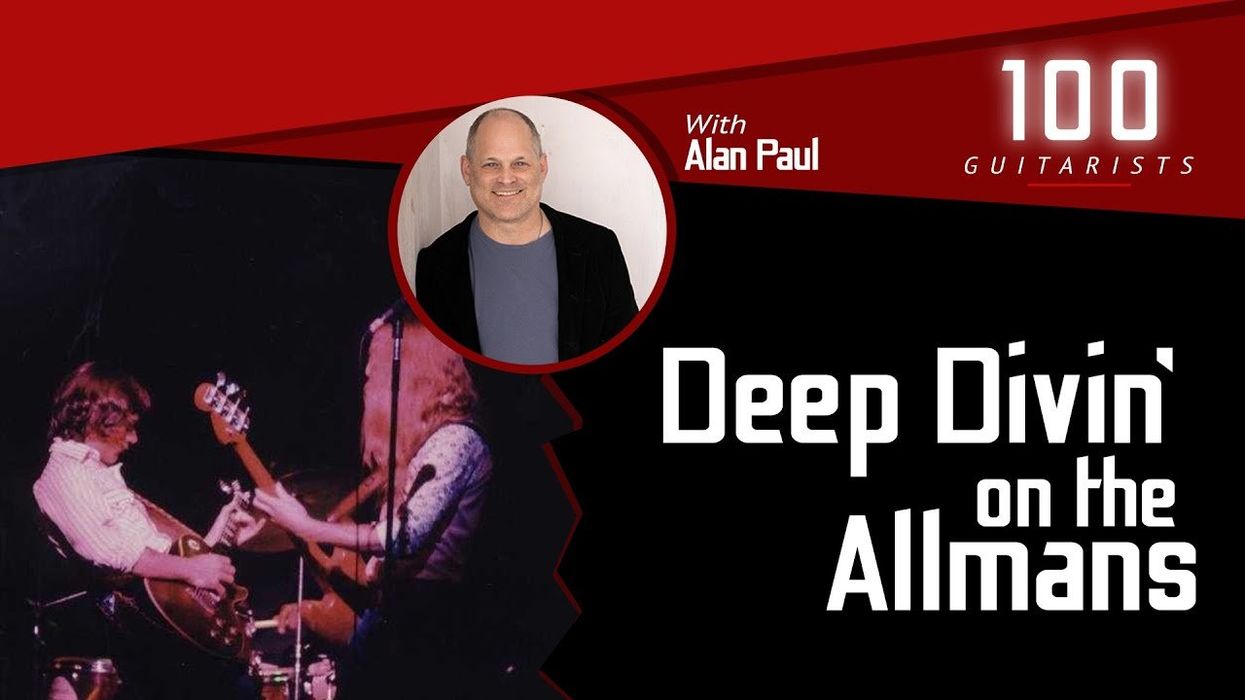
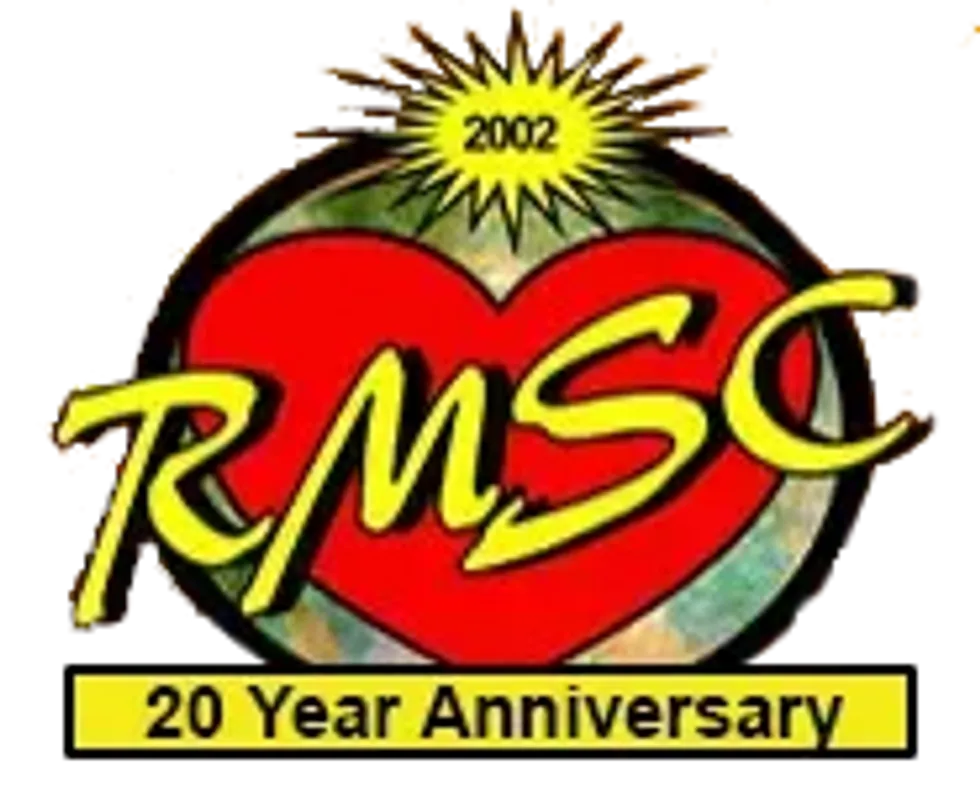 Learn More at
Learn More at 